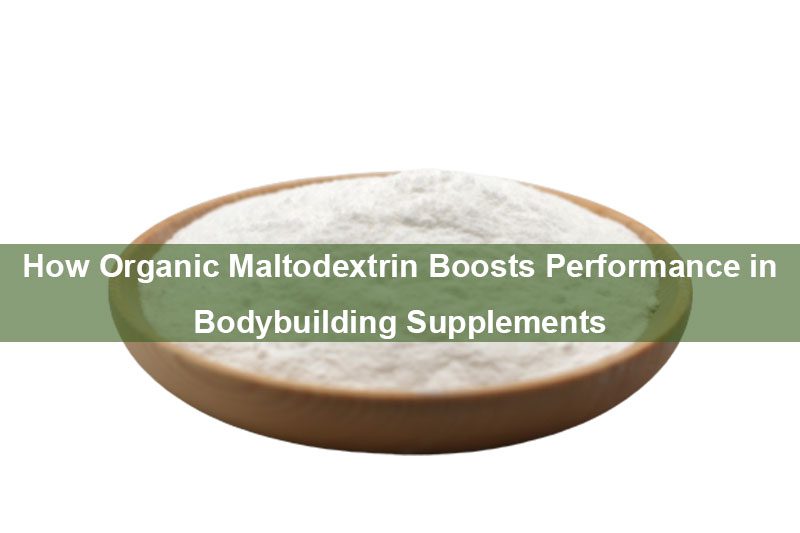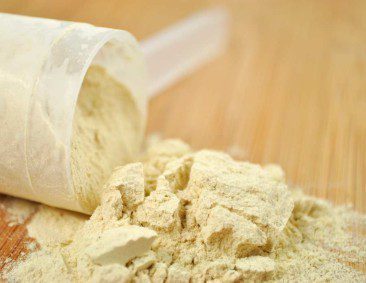Organic allulose syrup is a natural sweetener that has 90% fewer calories than regular sugar. It is derived from organic fruits and vegetables, and has a similar taste and texture to honey or maple syrup. Allulose is also a rare sugar, meaning that it is not metabolized by the body and does not affect blood glucose or insulin levels. This makes it a great choice for people who want to reduce their sugar intake, or who have diabetes or other health conditions.
Allulose syrup can be used in cooking and baking in various ways, such as:
- As a substitute for sugar, honey, or maple syrup in recipes. You can use the same amount of allulose syrup as you would use of these sweeteners, or adjust according to your preference. Allulose syrup has a mild sweetness and a clean aftertaste, so it will not overpower the flavor of your dishes.
- As a glaze or sauce for meats, vegetables, or fruits. Allulose syrup can add a nice caramelization and shine to your foods, as well as enhance their natural sweetness. You can mix allulose syrup with other ingredients, such as vinegar, soy sauce, spices, or herbs, to create your own marinades or dressings.
- As a base for homemade jams, preserves, or fruit compotes. Allulose syrup can help thicken and preserve your fruit mixtures, without adding too much sugar or calories. You can also add some lemon juice or pectin to help set your jams or preserves.
- As an ingredient for baked goods, such as cakes, cookies, muffins, or breads. Allulose syrup can help retain moisture and softness in your baked goods, as well as add a subtle sweetness and a golden brown color. You can also use allulose syrup to make frosting, icing, or caramel for your desserts.
Allulose syrup is a versatile and healthy sweetener that can be used in many ways in your kitchen. It can help you enjoy your favorite foods and recipes, while reducing your sugar intake and calories. Try organic allulose syrup today and discover its benefits and possibilities.
But how does allulose syrup compare to other natural sweeteners, such as stevia, monk fruit, or erythritol? Here are some facts and tips to help you choose the best sweetener for your needs:
- Stevia is a plant-based sweetener that is 200 to 300 times sweeter than sugar. It has zero calories and does not affect blood sugar levels. However, some people may find stevia to have a bitter or metallic aftertaste, or may experience digestive issues from some of its compounds. Stevia may also interact with some medications, such as blood pressure or diabetes drugs. You may need to use very small amounts of stevia to avoid over-sweetening your foods or drinks.
- Monk fruit is a fruit-based sweetener that is 150 to 200 times sweeter than sugar. It has zero calories and does not affect blood sugar levels. It has a fruity flavor and no aftertaste. However, monk fruit may be hard to find and expensive, as it is grown only in some regions of China. Monk fruit may also contain other ingredients, such as erythritol or maltodextrin, to balance its sweetness and texture. You may need to check the label and ingredients of monk fruit products before buying or using them.
- Erythritol is a sugar alcohol that is 60 to 80 times sweeter than sugar. It has almost zero calories and does not affect blood sugar levels. It has a cooling effect and a slight aftertaste. However, erythritol may cause digestive issues, such as bloating, gas, or diarrhea, especially if consumed in large amounts. Erythritol may also have a laxative effect and may interfere with the absorption of some minerals. You may need to limit your intake of erythritol and drink plenty of water to avoid dehydration.
Allulose syrup, on the other hand, has the following advantages over these other natural sweeteners:
- Allulose syrup has a similar sweetness and texture to sugar, honey, or maple syrup, making it easy to use and measure in recipes. It has no aftertaste and does not alter the flavor of your foods or drinks.
- Allulose syrup has a low glycemic index and does not affect blood sugar or insulin levels. It also does not cause digestive issues or have a laxative effect. It is safe and suitable for people with diabetes or other health conditions.
- Allulose syrup is derived from organic fruits and vegetables, making it a natural and eco-friendly sweetener. It does not contain any artificial ingredients, additives, or preservatives. It is also vegan, gluten-free, and non-GMO.
As you can see, organic allulose syrup is a superior natural sweetener that can offer you many benefits and uses in your cooking and baking. It is a delicious and healthy way to satisfy your sweet tooth, without compromising your health or the environment. Give organic allulose syrup a try and see the difference for yourself.

